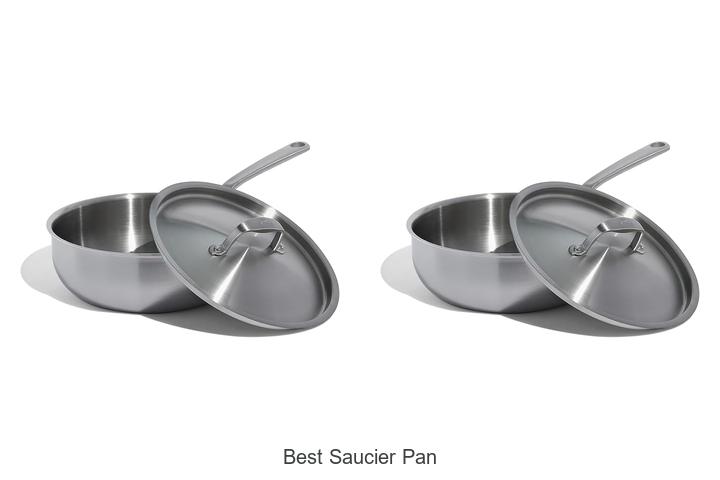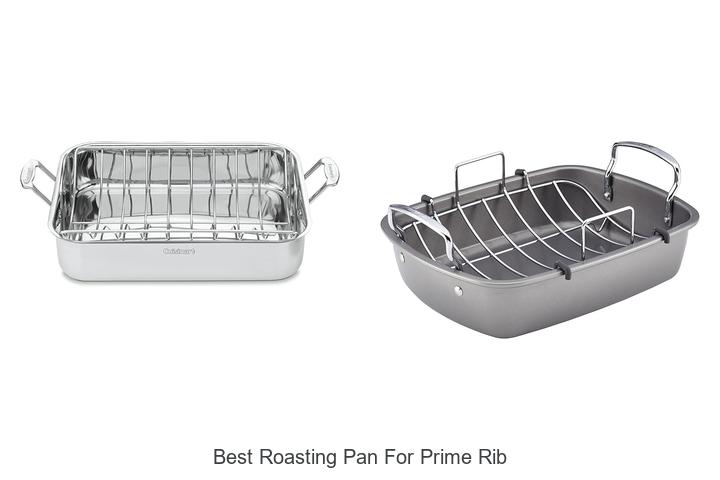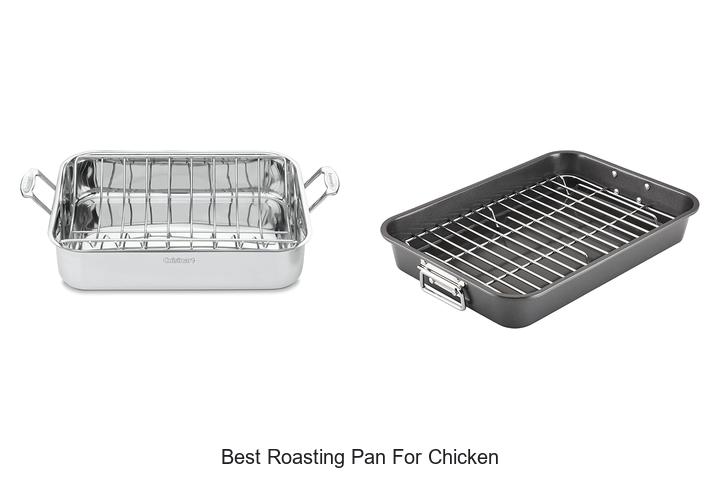Cleaning your BBQ grill grates is key to getting the best flavor and keeping your grill in top shape. Whether you’re a weekend griller or a backyard barbecue pro, knowing how to clean your grill properly saves you time and hassle.
You don’t need fancy tools or harsh chemicals to get those grates spotless. With the right techniques, you can easily remove grease, burnt-on food, and rust, ensuring every cookout is a success. Let’s dive into simple and effective ways to clean your BBQ grill grates so you can enjoy tasty meals and a longer-lasting grill.
Understanding the Importance of Cleaning BBQ Grill Grates
You maintain your grill grates to avoid grease buildup, burnt food residue, and rust, all of which can affect taste and safety. You protect flavors by removing charred remnants that cause unpleasant smoky or bitter notes. You prevent flare-ups, which arise when grease accumulates and ignites, reducing fire hazards and uneven cooking.
You extend grill lifespan by cleaning, since neglect leads to corrosion and warped grates, increasing replacement costs. You ensure food safety, as bacteria and carbon buildup trapped on dirty grates may contaminate your meals. You improve cooking performance by maintaining even heat distribution and consistent grilling surfaces.
Tools and Materials Needed for Cleaning
Cleaning your BBQ grill grates requires specific tools and cleaning agents to ensure efficient grime removal and maintenance. Using the right equipment maximizes results while protecting your grill’s surface.
Essential Cleaning Tools
- Wire Brush: Sturdy stainless steel or brass bristles remove burnt-on food and grease without damaging the grates.
- Grill Scraper: Rigid metal or plastic scraper helps dislodge tough residue in tight spots.
- Bucket: Holds warm water or cleaning solutions for soaking detachable grates.
- Spray Bottle: Dispenses water or cleaning agents evenly across the grill surface.
- Cleaning Cloths or Sponges: Non-abrasive materials wipe down grates after scrubbing for a polished finish.
- Gloves: Heat-resistant or rubber gloves protect hands from burns and chemicals during cleaning.
Recommended Cleaning Agents
- Mild Dish Soap: Effective at breaking down grease and safe for stainless steel and cast iron grates.
- Baking Soda: Natural abrasive that lifts stubborn stains when mixed with water pastes.
- White Vinegar: Dissolves grease and acts as a disinfectant without harsh chemicals.
- Commercial Grill Cleaners: Formulated to tackle heavy carbon buildup but choose non-toxic, food-safe options.
- Water: Essential for rinsing residues off after applying cleaning agents to prevent flavor contamination.
Using these tools and agents ensures thorough cleaning that maintains grill performance and food safety standards.
Step-by-Step Guide on How Do You Clean BBQ Grill Grates
Follow precise steps to clean your BBQ grill grates effectively, ensuring optimal flavor and grill longevity.
Preparing the Grill for Cleaning
Begin by preheating the grill on high for 10 to 15 minutes to loosen food residue and grease. Turn off the grill and allow it to cool slightly but remain warm for safer and easier cleaning. Use gloves to protect your hands from heat and grime. Remove the grates carefully to access all surfaces.
Cleaning Methods for Different Grate Types
- Cast Iron Grates: Brush using a stiff wire brush to remove burnt-on food. Apply a thin layer of cooking oil afterward to prevent rust. Avoid soaking these grates to maintain seasoning.
- Stainless Steel Grates: Clean with a nylon brush or grill scraper combined with warm soapy water. Rinse thoroughly to remove soap residue and dry immediately to protect against corrosion.
- Porcelain-Coated Grates: Use a soft brush or sponge with mild dish soap to prevent chipping the coating. Avoid abrasive tools that damage the surface.
Handling Stubborn Residue and Rust
Soak grates with stubborn residue in a solution of equal parts white vinegar and water for 30 minutes before scrubbing. For rust spots, sprinkle baking soda directly on the area, spray with vinegar, and scrub gently with a nylon brush. Rinse and dry thoroughly to prevent further rust formation. Repeat treatment if necessary to restore grate condition.
Tips for Maintaining Clean Grill Grates
Clean grill grates after every use to prevent grease buildup and food residue. Heat the grill for 10-15 minutes to burn off leftover particles, then use a grill brush to scrape the grates. Apply light oil on the grates before cooking to create a non-stick surface and reduce food sticking.
Store your grill grates in a dry, covered area to prevent rust and corrosion. Use a grill cover during outdoor storage to protect against moisture and debris. Inspect grates regularly for signs of rust or damage, addressing issues immediately to avoid worsening conditions.
Avoid harsh chemicals that can damage grill grates or leave harmful residues. Opt for mild dish soap, baking soda, or vinegar-based cleaners for routine cleaning. Schedule deep cleaning sessions monthly or after heavy use by soaking grates in a vinegar solution and scrubbing off stubborn residue.
Replace grill grates when warping, excessive rust, or cracks interfere with heat distribution or cooking safety. Regular cleaning and maintenance extend the grates’ lifespan, preserving flavor quality and grill performance.
Conclusion
Keeping your BBQ grill grates clean is key to enjoying great-tasting food and extending your grill’s life. By sticking to regular maintenance and using the right tools, you’ll avoid common issues like rust, flare-ups, and bacterial buildup.
Taking a few simple steps after each cookout ensures your grill stays ready for your next barbecue. With clean grates, you’ll get even heat distribution and better cooking results every time.
Investing a little time in cleaning now saves you from costly repairs or replacements later, making your grilling experience safer and more enjoyable.


